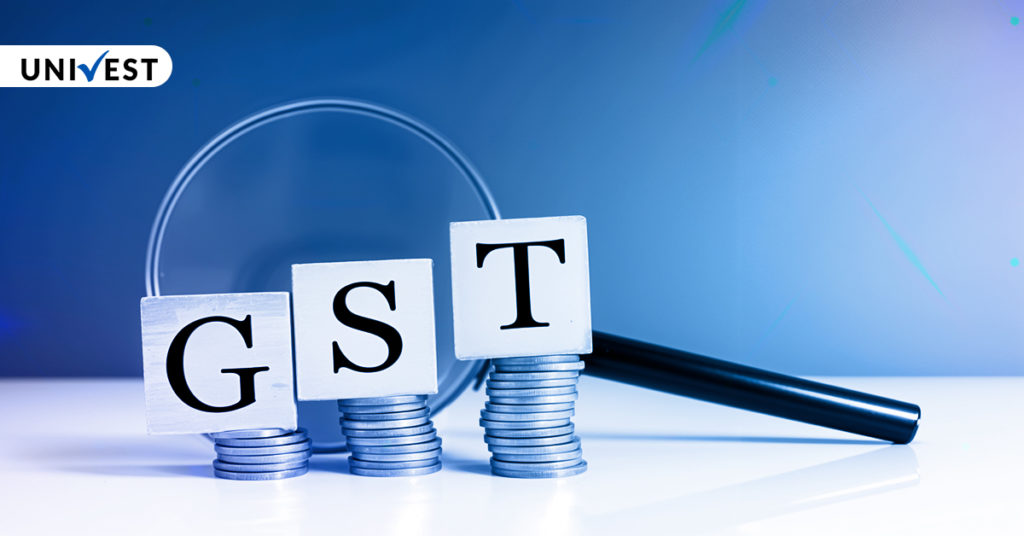
Union Budget 2024: Explaning Key Terms To Understand
Posted by : sachet | Sat Jul 20 2024

The Union Budget is a statement of estimated receipts and expenditures, called the “Annual Financial Statement’, has to be placed before Parliament for each financial
year.
This Statement is the main budget document. It is an estimate of the Government’s
revenue and expenditure at the end of a fiscal year, which runs from April 1 to March
31.
A Union Budget is the most comprehensive report of the Government’s finances, in
which revenues from all sources and outlays to all activities are consolidated. The
budget also contains estimates of the Government’s accounts for the next fiscal,
called budgeted estimates.
Halwa Ceremony
The print of budget starts roughly a week before presenting it in the Parliament with
a customary ‘Halwa Ceremony’ in which halwa (a sweet dish) is served to the
officers and support staff involved. Because India starts everything on a sweet note.
Capital Budget
 Capital Budget is Key Term Of Union Budget
Capital Budget is Key Term Of Union Budget
The capital budget consists of capital receipts and payments. Capital receipts are
Government loans raised from the public, Government borrowings from the Reserve
Bank and treasury bills, divestment of equity holding in public sector enterprises,
loans received from foreign Governments and bodies, securities against small
savings, State provident funds, and special deposits.
Revenue Budget
The revenue budget consists of revenue receipts of the Government and its
expenditure. Revenue receipts are divided into tax and non-tax revenue. Tax
revenues constitute taxes like income tax, corporate tax, excise, customs, service
and other duties that the Government levies.
Revenue expenditure is the expenditure incurred on the day-to-day running of the
Government and its various departments, and for services that it provides. It also
includes interest on its borrowings, subsidies and grants given to State Governments
and other parties.
Fiscal Deficit
This is the gap between the Government’s total spending and the sum of its revenue
receipts and non-debt capital receipts. It represents the total amount of borrowed
funds required by the Government to completely meet its expenditure. The gap is
bridged through additional borrowing from the Reserve Bank of India, issuing
Government securities etc. The fiscal deficit is one of the major contributors to
inflation.
Primary Deficit
The primary deficit is the fiscal deficit minus interest payments. It tells how much’ of
the Government’s borrowings are going towards meeting expenses other than
interest payments. In other words, it is the difference between the current year’s
fiscal deficit and the interest that had to be paid in the previous year’s budget.
Finance Bill

The Government proposals for the levy of new taxes, alterations in the present tax
structure, or continuance of the current tax structure are placed before the
Parliament in this bill. The bill contains amendments proposed to direct and indirect
taxes.
Direct and Indirect Taxes
Direct taxes are levied on the incomes of individuals and corporations. For example,
income tax, corporate tax, etc. Indirect taxes are paid by consumers when they buy
goods and services. These include excise duty, customs duty etc.
Central plan outlay
It refers to the allocation of monetary resources among the different sectors in the
economy and the ministries of the Government. The different sectors include energy,
transport, social services, general economics services, communications, science and
tech, rural development, agriculture, and so on.
Balance of payments
Balance of payments is the difference between the demand for, and supply of, a
country’s currency on the foreign exchange market. In layman words, Balance of
Payment (BoP) is the difference between the total amount of money entering a
country over a specific time period and the total amount of money leaving the
country to the rest of the world.
Goods and Service Tax

GST is an indirect tax that is levied on most goods and services in the country. The
tax is charged to the customer by the seller of goods and service and the seller in
turn deposits the tax with the government. On some goods and services, the
government allows the business establishment to claim input tax credit. This is
allowed on items which are further used for business purposes and not for personal
use. Some items which don’t come under GST in India are crude, alcohol, items of
daily consumption like milk, fruits and vegetables
Customs duty
Customs duty is an indirect tax that is imposed on imports and exports of goods and
services. While it is a crucial source of revenue for the government and is levied by
all countries, at times, customs duty is also used to as a tool to discourage exports and imports, as the case may be. Say for example, government may want to
discourage export of wheat to keep domestic prices in check but at the same time, it
may not want its exporters to lose the export market. In such a case, it may impose
custom duty in the hope that the exporter finds it cheaper to sell the same in the local
market.
Monetary Policy
The Monetary Policy of a country is concerned with money supply in the economy
and is determined by its central bank, in India’s case the Reserve Bank of India
(RBI). The RBI both lends and borrows from the regular banks that common citizens
bank with. It does this by selling and buying bonds whose interest rates are
determined by the RBI. RBI’s policies influence the interest rates in the market. It
also decides how much money the banks should keep with the RBI to ensure they
are liquid and don’t indulge in excessive lending. It thus influences the demand and
supply of money in the economy.
Related Posts
Omnitech Engineering IPO Review 2026: GMP Rises 3.52%, Key Investor Insights
Yaap Digital IPO Review 2026: GMP Flat, Key Investor Insights
Yashhtej Industries IPO Listing Preview: What to Expect Now?
Kiaasa Retail IPO Day 1: Subscription at 0.06x, GMP Rises 20.74% | Live Updates
Mobilise App Lab IPO Day 1: Subscription at 1.32x, GMP Rises 20.00% | Live Updates

